LITCHFIELD — Town voters OK’d multiple ordinance changes and a $2.2 million spending plan during Saturday’s annual Town Meeting at the Litchfield Fairgrounds.
The meeting took two hours and 40 minutes and was moderated by Earl Lamoreau. The meeting could have been considerably shorter, as a motion was made to loop more than 40 articles into one vote. Lamoreau stonewalled the notion, citing that he was advised by the Maine Municipal Association to not block articles together. His decision was appealed, but the appeal failed when the vote finished 22-22.
All items on the warrant were passed as written or recommended, leading to a municipal spending plan of about $2.2 million. The Kennebec Journal reported last week that $1.07 million will be funded from property taxes.
A total of 54 voters were ushered to a barn at the Litchfield Fairground, which was furnished with long benches so parties could maintain a safe social distance from each other.

That approved spending, according to Selectwoman Rayna Leibovitz, reflects the Selectboard’s desire to the reduce burden on taxpayers during the economic uncertainty of the coronavirus pandemic.
“It’s the prudent thing to do,” she told the Kennebec Journal earlier this month. “Indeed, we started with certain projections of what expenses would be, costs would be and what our tax bill would necessarily be. And as coronavirus issues have continued, we scaled back.”
One line that saw a reduction from an original budget draft was the capital road improvement line, which was approved at $350,000. Selectman Mark Russell said the line was initially estimated at $500,000.
The property tax rate that resulted from the budget passed a year ago is $14 per $1,000 of assessed valuation. The new property tax rate, which reflects assessments for Kennebec County government and Regional School Unit 4, will be calculated later this summer.
The tax rate was the topic of a proposed amendment to the amount of undesignated fund balance that would be carried into the next budget. The recommended amount was $100,000, but Russell suggested to voters that amount could be as high as $200,000 for the mil rate to be flat in the next commitment. A resident motioned to raise the amount to $200,000, but the motion was defeated after Budget Committee members said they could not guarantee that property tax rate would be flat, even with an increase in undesignated fund balance.

Selectman Gary Parker speaks Saturday during Town Meeting in a barn at the Litchfield Fairgrounds. Joe Phelan/Kennebec Journal Buy this Photo
Voters also approved $1,140,900 in municipal revenue, including $182,000 in state revenue sharing. Russell said the town’s estimate for revenue sharing — which may be considerably lower for municipalities due to the coronavirus pandemic — is sound.
“We think it’s going to be OK,” he said. “I don’t have any better guess (on revenue sharing).”
Voters also approved a few ordinance changes. The first change, to the Land Use Ordinance, allows the sale of recreational vehicles at a campground after review by the Planning Board.
The second change, to the Land Use and Shoreland Zoning ordinances, allows the town’s code enforcement officer to issue permits to property owners who want to build structures on dwellings to make them accessible to those with disabilities.
Voters also OK’d the creation of a new Mass Gathering Ordinance, which is the product of months of work by a dedicated committee. The ordinance was created in reply to a proposed Woodstock-esque concert event in the town, and officials told the Kennebec Journal last year that the ordinance aims to reduce the town’s liability for the event.
Send questions/comments to the editors.


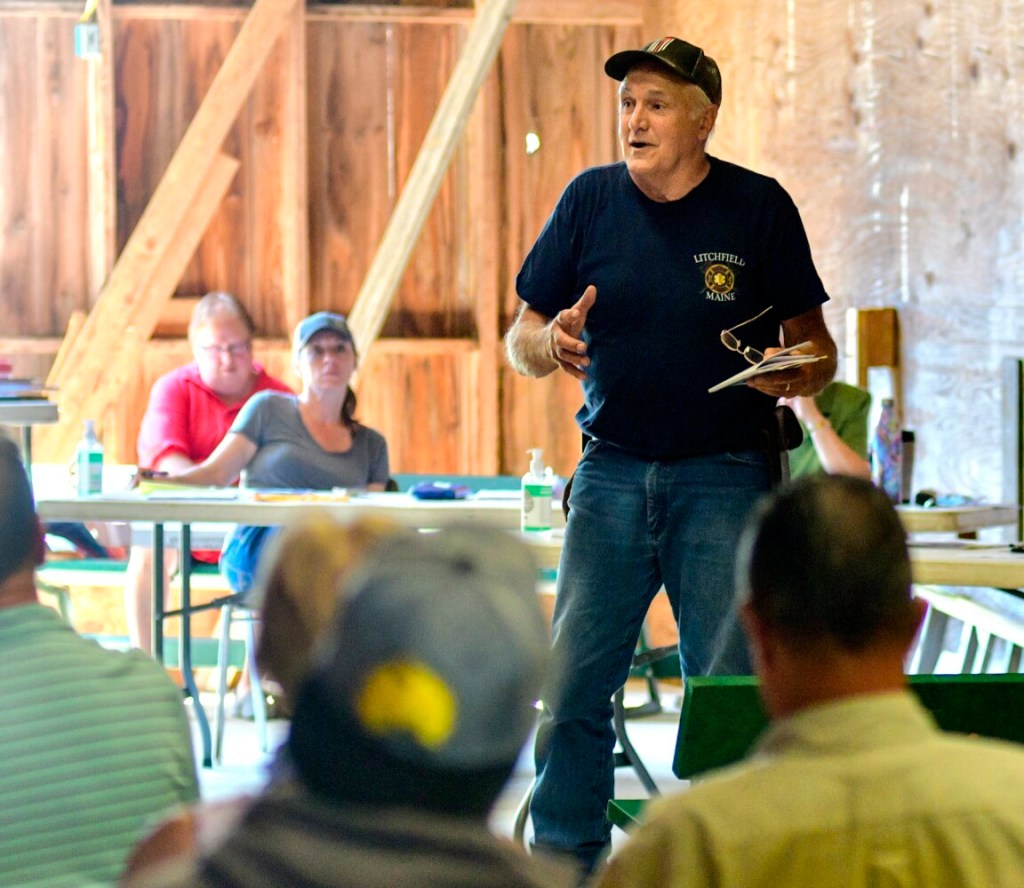

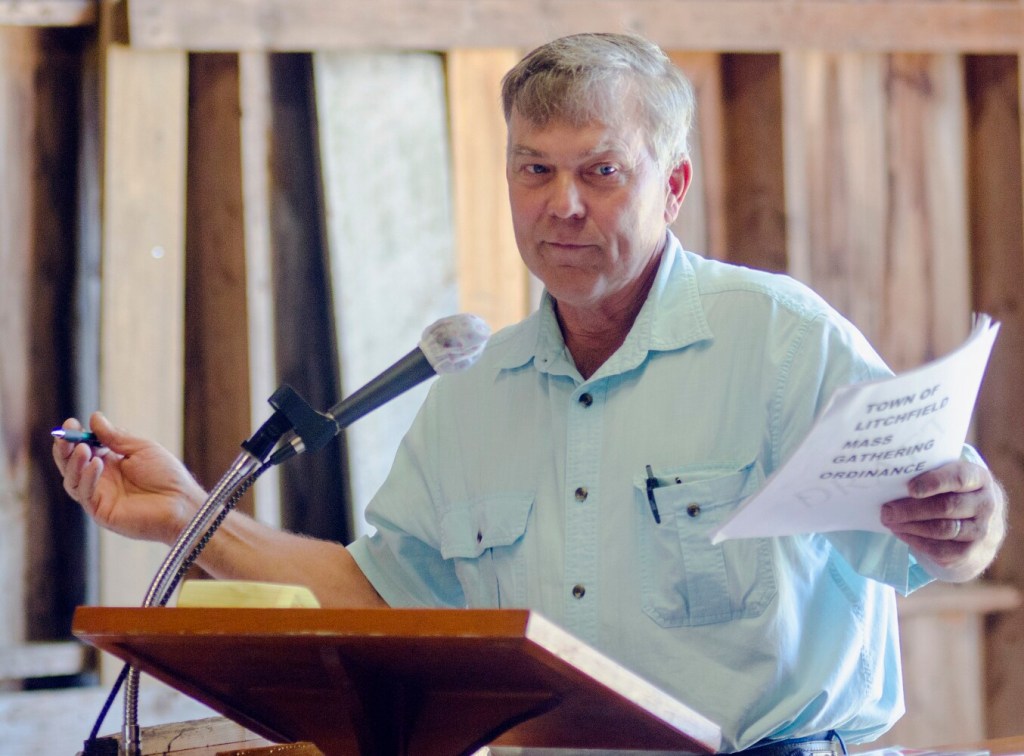
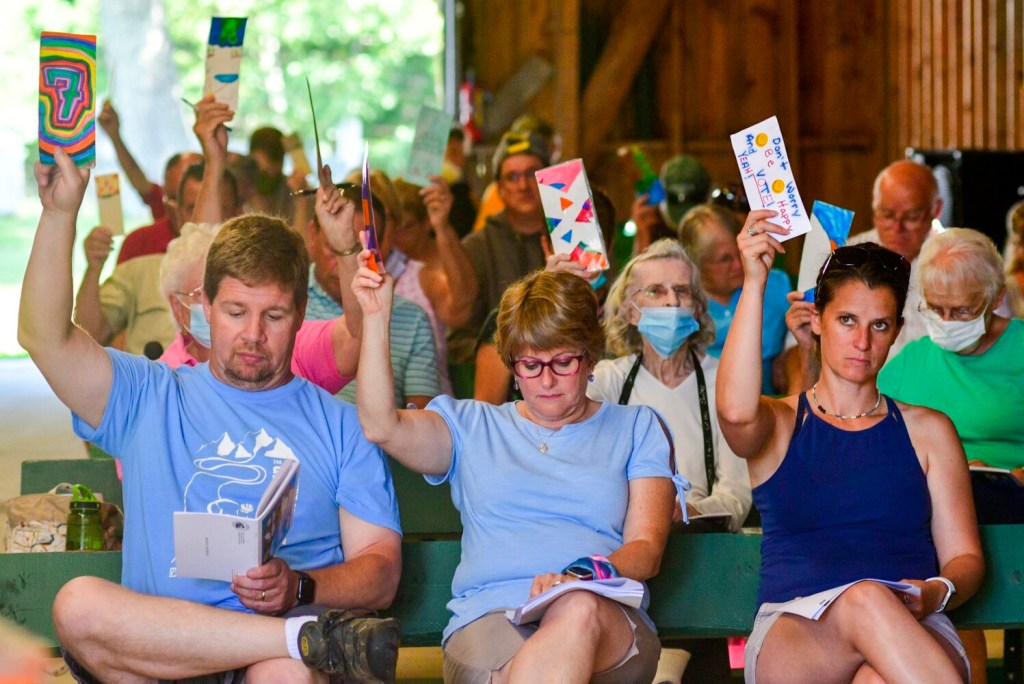

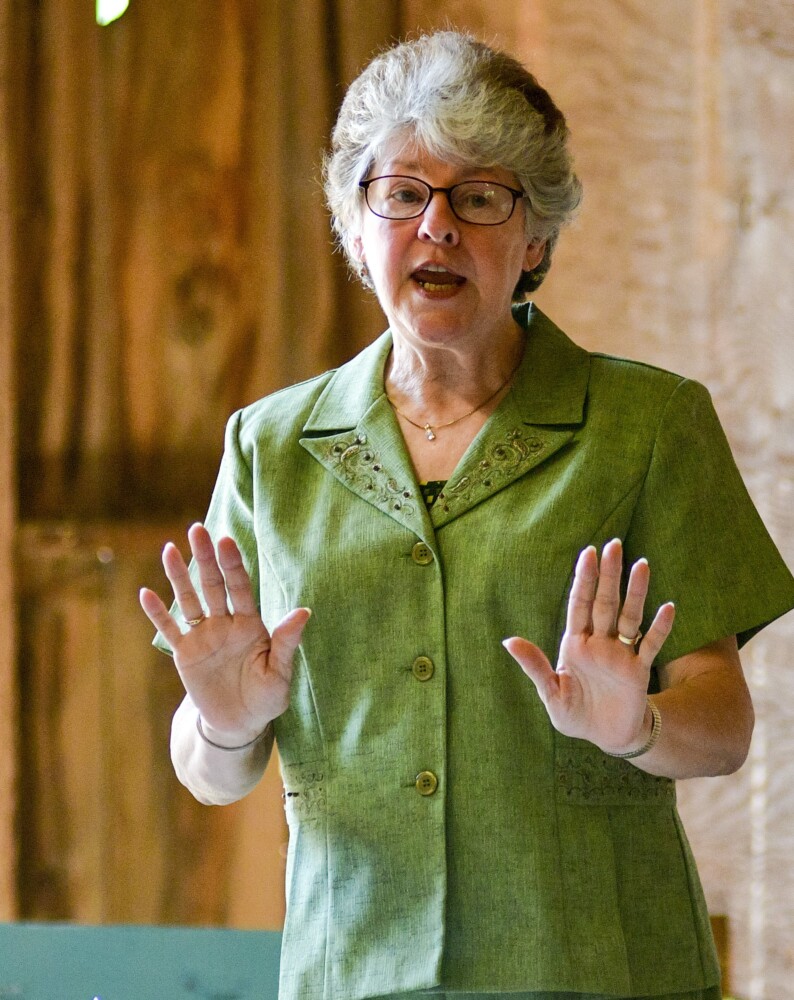
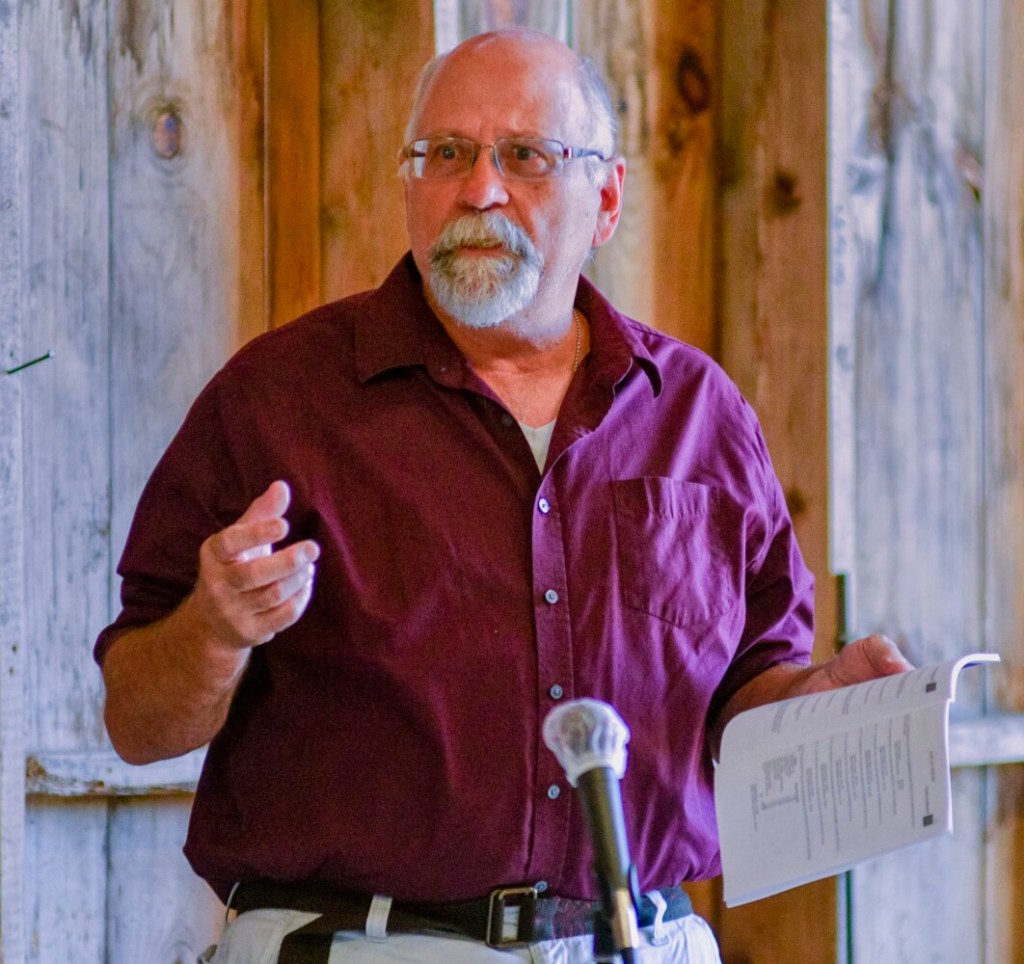

Comments are no longer available on this story